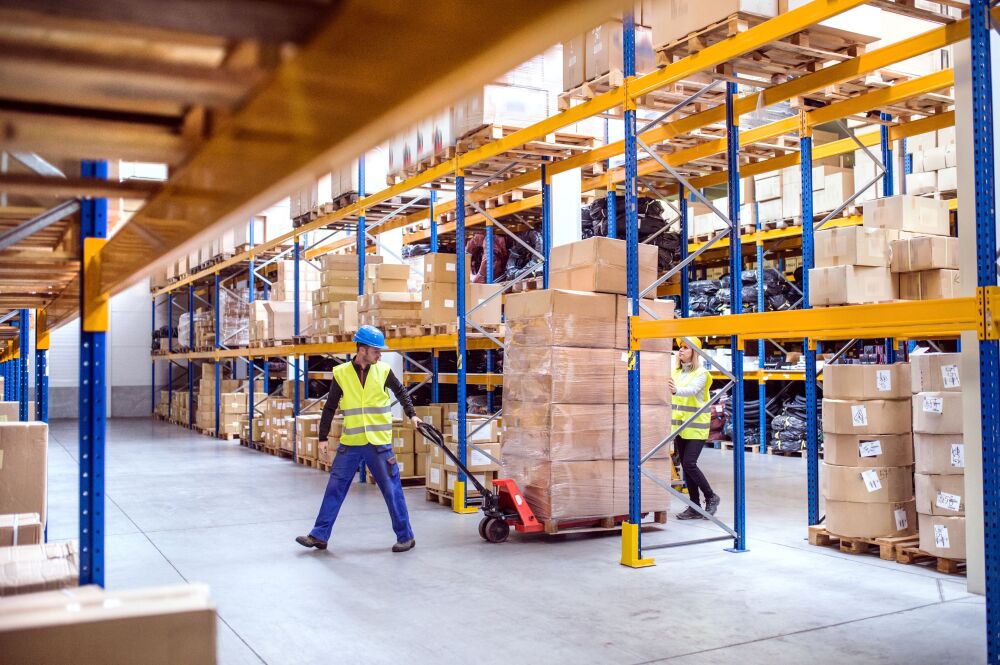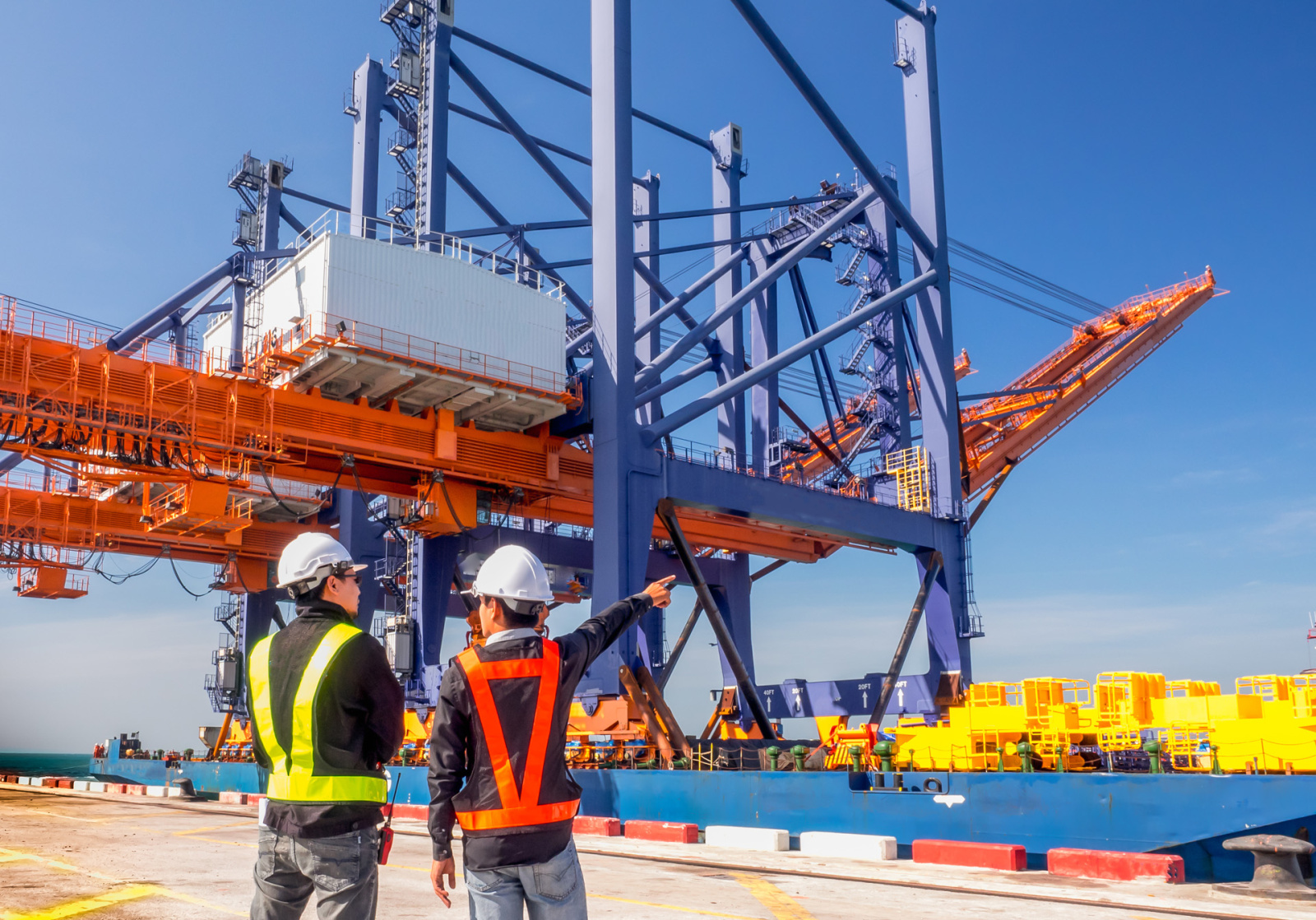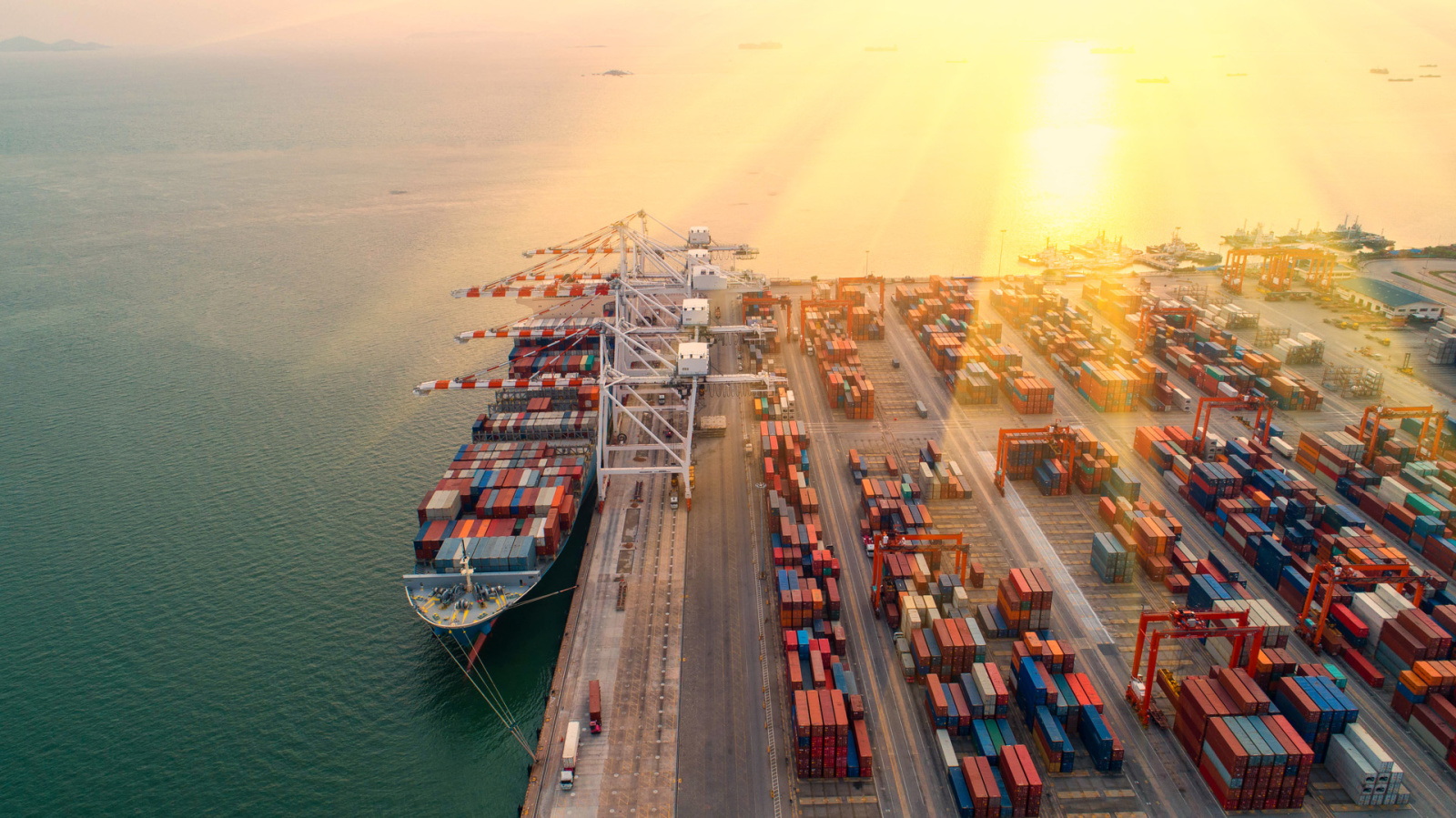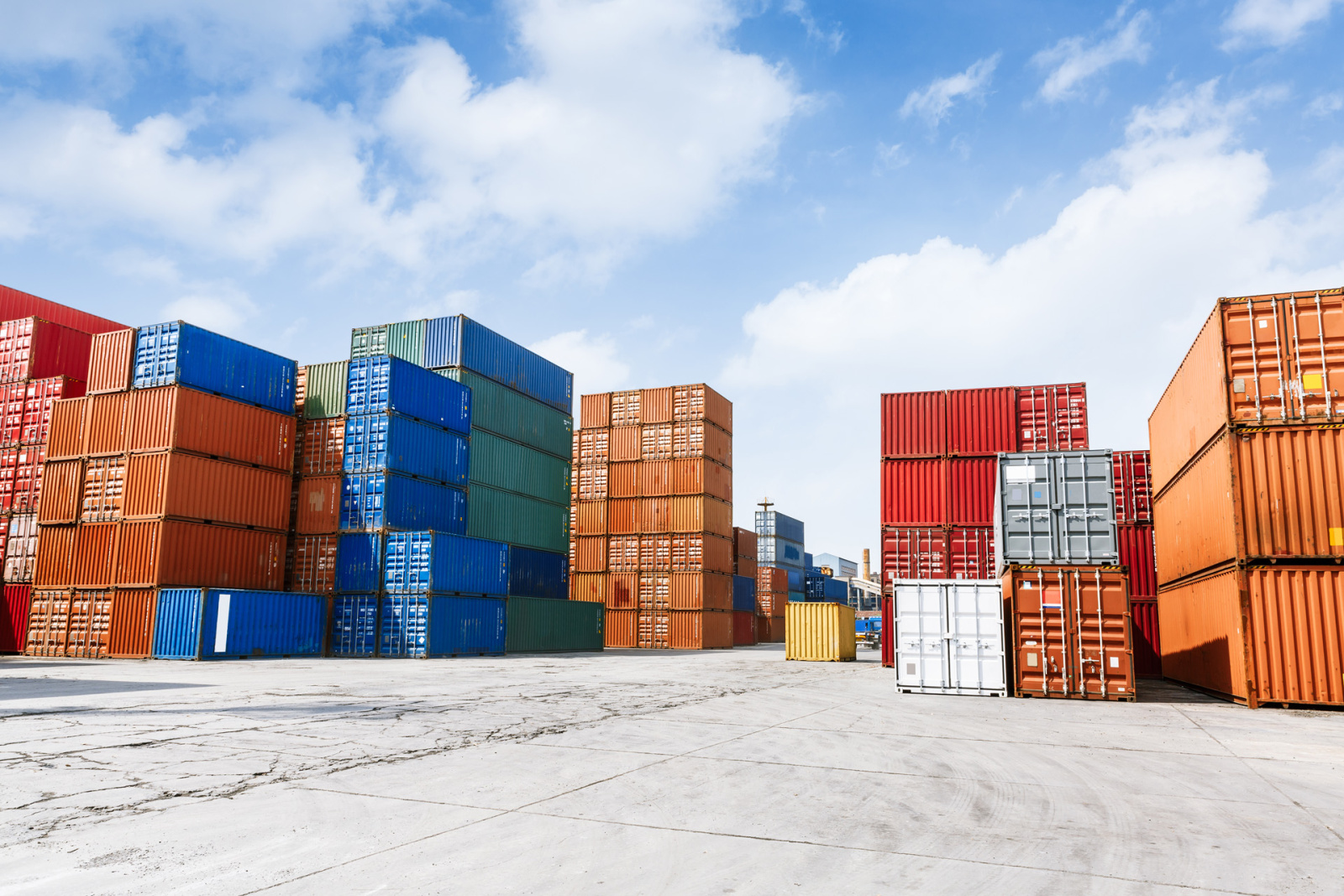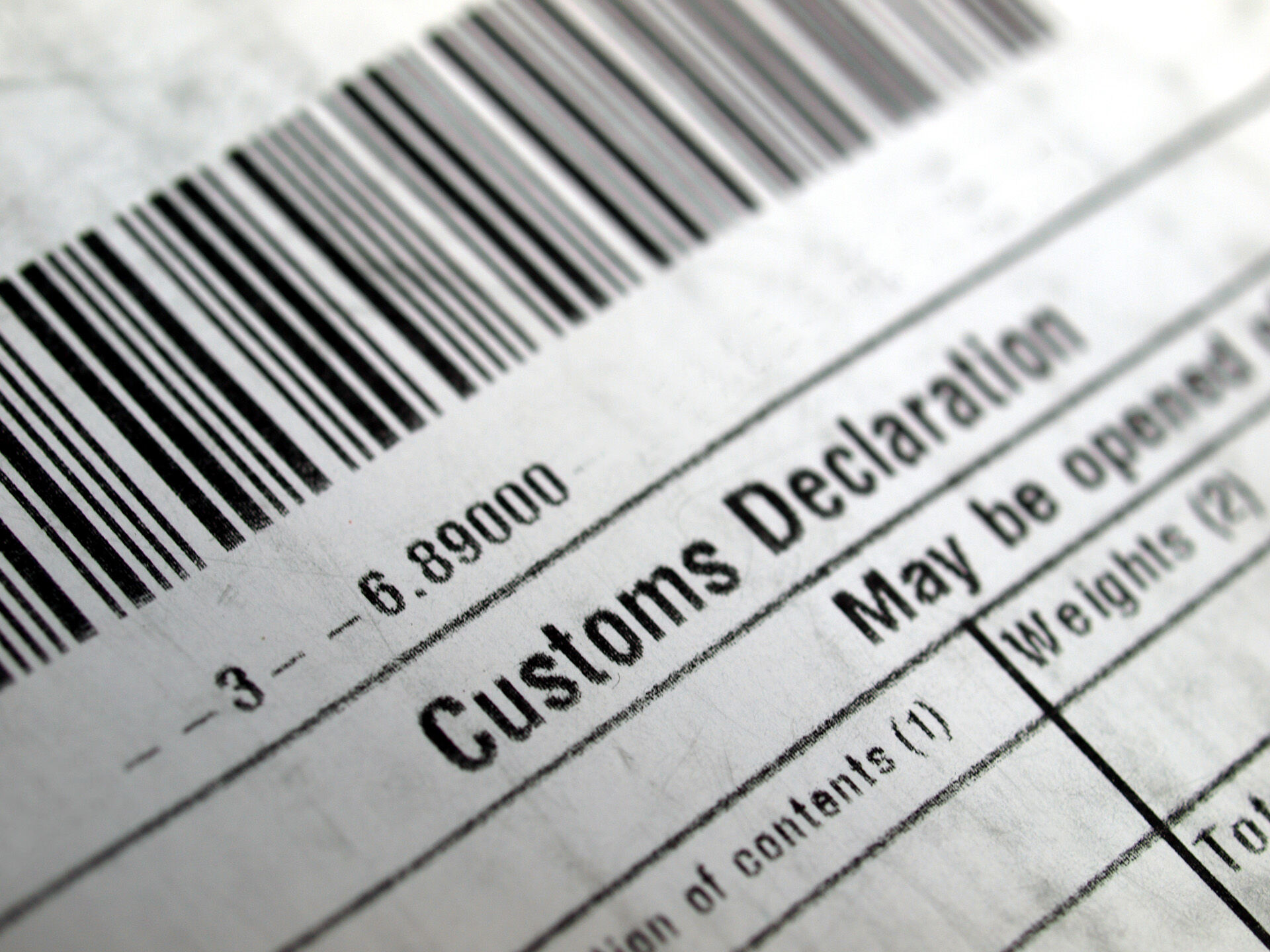
Getting started with imports

Rogier
NVOCC & Pricing Manager
Mar 19, 2024
Wondering how to initiate the importing process? Is it as simple as placing an order and anticipating the arrival of your goods in your storage within a few weeks?
This article will provide a comprehensive overview of the import process, guiding you through the steps involved in making contacts, and offering insights into crucial considerations before shipping your goods.
Conducting informed research for informed decision-making
Having identified a market gap, it is imperative to assess the demand for the product through thorough research.
Engaging in market research is a prudent step. It allows you to comprehend the demand and identify the specific demographic likely to make purchases. Targeting the right audience is key. Equally vital is determining the price point that your target audience is willing to pay for the product.
Additionally, it is crucial to ascertain the overall cost per product, encompassing factors such as transportation costs, insurance, and potential import duties. A comprehensive understanding of these costs is essential for establishing an accurate cost price per product.
Furthermore, staying informed about your competitors' pricing for similar products is paramount. The overarching strategy should focus on providing added value while maintaining a reasonable profit margin. Developing a well-thought-out marketing plan becomes instrumental in conveying this added value effectively to your target audience.
Development of the import strategy
Upon confirming substantial demand for the product, the next phase can be initiated.
The import plan serves as a comprehensive blueprint, detailing each step of the import process. It meticulously considers potential opportunities and constraints, including adherence to local laws and regulations.
During the formulation of your import plan, every aspect is scrutinized to ensure a thorough understanding of the process. Seeking guidance from a professional at this juncture is advisable to incorporate valuable insights.
Logistics
Now that you've crafted your import plan, it's crucial to delve into the logistics, a pivotal aspect of the plan.
Determining the most suitable mode of transportation for your product is essential. While within Europe, utilizing trucks seems the most straightforward choice, importing from China presents different considerations. Air transportation is swift but comes at a higher cost, whereas shipping by sea may extend the transit time to a few weeks but proves to be the most economical option, particularly for large quantities.
Logistics encompasses more than just the choice of transportation. It involves finalizing agreements, arranging insurance, and obtaining any necessary certifications.
Ensure familiarity with European import laws and regulations
This is of utmost importance. Imagine you have a product manufactured outside of Europe, and upon attempting to import it, you discover that it contains raw materials subject to additional import duties. Even worse, the products may be prohibited from entering Europe altogether. The financial losses incurred in such situations are irrecoverable.
Regardless of perspective, importing products from outside Europe necessitates bringing them into free circulation. Free circulation, in essence, means making a customs declaration to facilitate the importation of your products. This involves payment of import duties and other applicable taxes on the imported goods. While import duties may not be mandatory in every instance, the associated procedures are often intricate.
Certain products may require the procurement of an import license. Importation of these products may be restricted or subject to stringent conditions.
The experts at Berkman Forwarding can provide precise insights into your specific import process. This guidance is indispensable for ensuring certainty in your import plan.
Initiate contact and establish connections
Embarking on the import journey – fantastic! Had this been considered three decades ago, significant groundwork would have been necessary. Fortunately, we reside in the 21st century, and the internet facilitates swift communication with suppliers located on the opposite side of the globe.
Platforms like alibaba.com and made-in-china.com (yes, indeed) consistently feature suppliers capable of producing the items you intend to import.
Understanding the people and culture of the respective country is also worthwhile. Customs deemed ordinary by us may be perceived differently overseas. While directness is appreciated in the Netherlands, many other countries prefer a more cautious approach, viewing our forthrightness as impolite.
Lastly, cultivating a relationship with your suppliers always proves advantageous. The more acquainted you become, the smoother communication flows.
Additional insights from our experts
Having perused this article, you should now have a preliminary understanding of where to commence with the importing process. You might be contemplating outsourcing the entire procedure or feel that there are still aspects we haven't addressed. The latter could be accurate, given that while the fundamental principles of importing remain consistent, the array of countries beyond Europe and the multitude of products available for importation introduce countless complexities.
Nevertheless, a notable advantage is that once you grasp the intricacies of the process, you are generally well-equipped for subsequent deliveries.
Below, we have compiled additional tips for your consideration when formulating your plans.
Key recommendations
- Inspection
Conduct inspections on the goods, even if sourced from a familiar supplier. Discrepancies can arise, and it is far more costly to rectify issues upon arrival in the Netherlands, especially if the goods fail to meet standards. - (Pre)Payment
Always negotiate a down payment; avoid full upfront payments. Common practice includes a maximum of 30% down payment, with the remaining amount settled upon receipt of transport documents. For samples, a 100% upfront payment is customary. - Samples
Prioritize obtaining samples before placing significant orders, ensuring firsthand evaluation of the product. It's inconceivable to commit to a $10,000 order without a thorough examination of the product. - Proforma invoice
Document agreements in a Proforma Invoice (PI) to formalize terms and prices in writing. - Packaging
Invest in robust packaging, especially for goods in transit for extended periods (e.g., in containers). Spending a little extra on durable (seaworthy) packaging can alleviate potential stress and damages during transportation.
In search for further assistance?
Having gone through this article, we trust that you've gained valuable insights. Are you on the verge of commencing your importing journey? Do you have queries concerning the logistics process? Or would you appreciate having us review your import plan? An additional set of eyes can always be beneficial. Feel free to reach out and let us know!
Related blogs
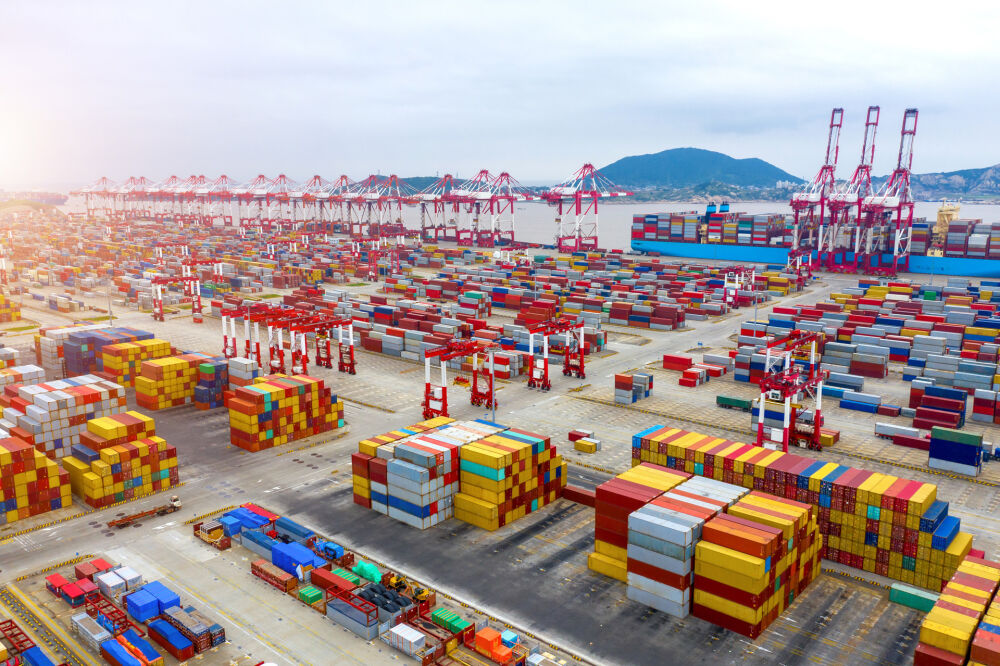
Exporting with Berkman Forwarding: control, speed and certainty

Vietnam in 2026: The Growth Market for Smart Importers
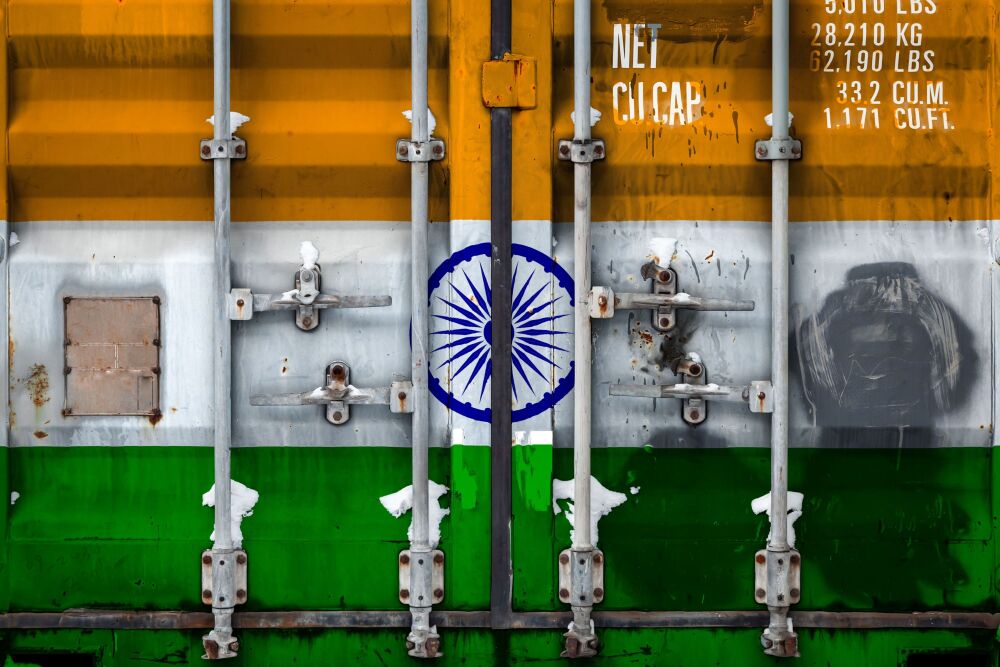
Importing from India: growth opportunities, trends, and local support
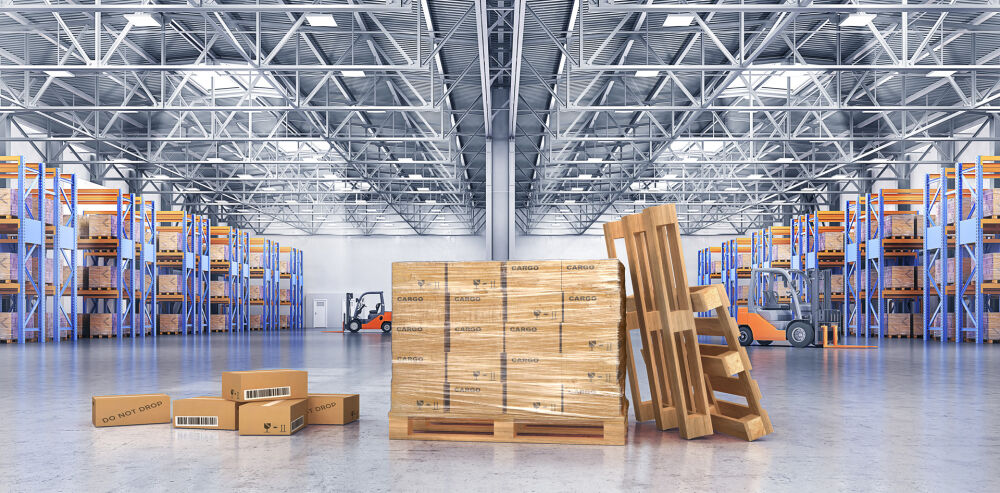
More than a freight forwarder: how we strengthen your supply chain
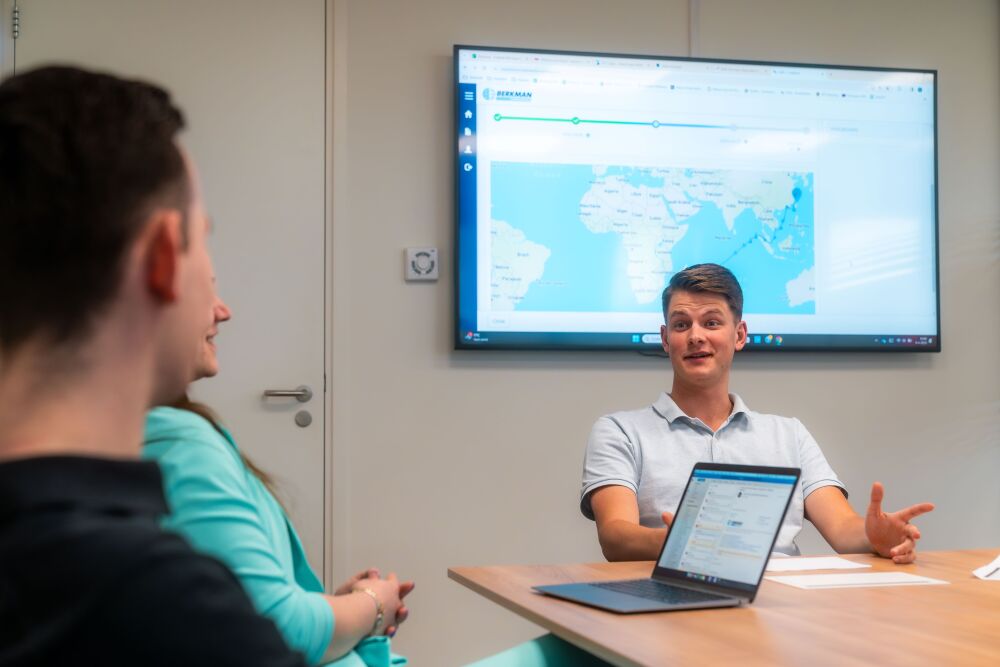
Outsourcing: from operational challenge to strategic progress

Vietnam: the trade engine of Southeast Asia
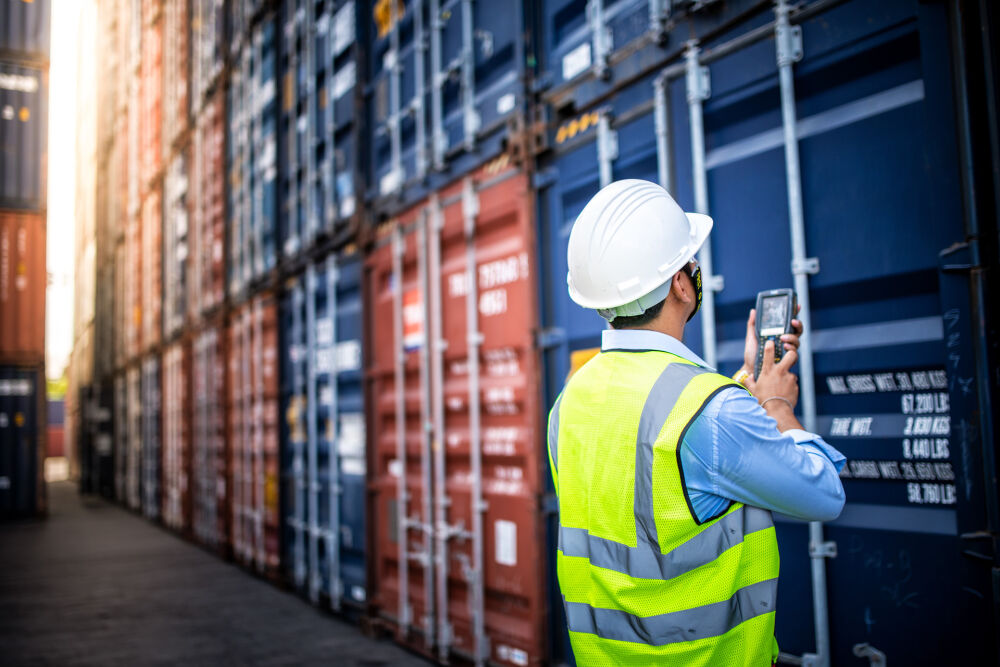
Why Quality Control in importing matters
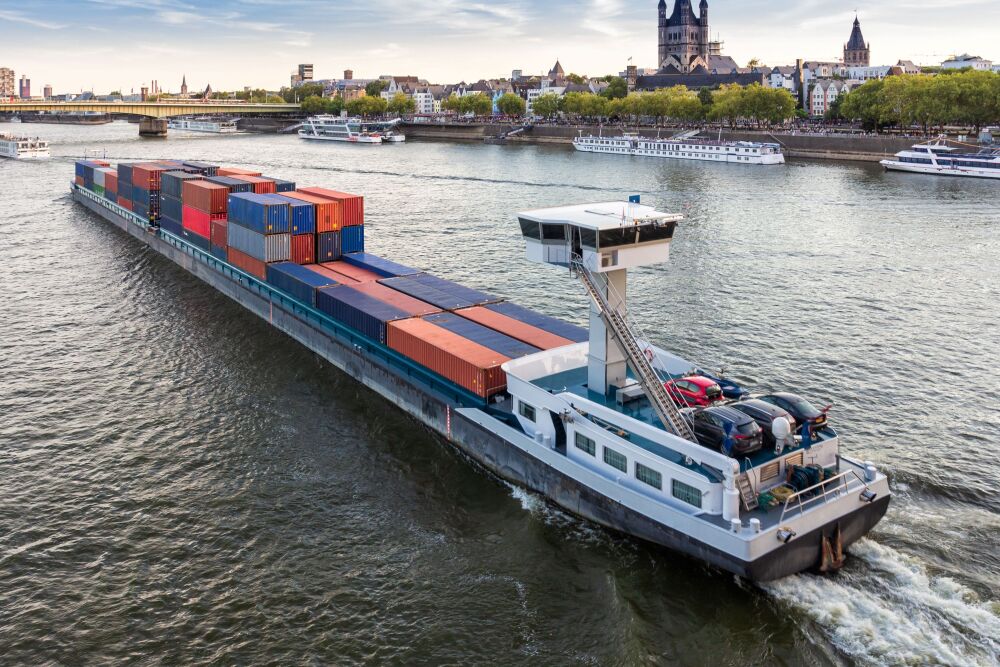
The benefits of transporting containers by barge
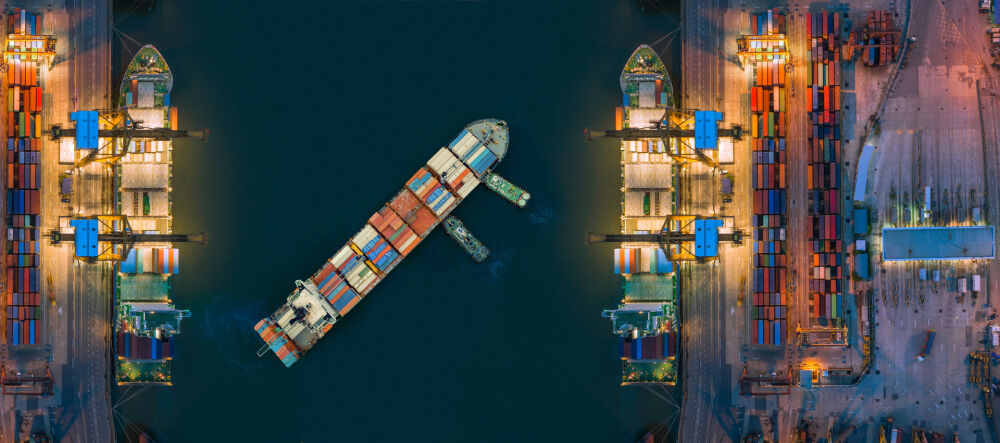
Transport Insurance? What Nonsense…Right?
